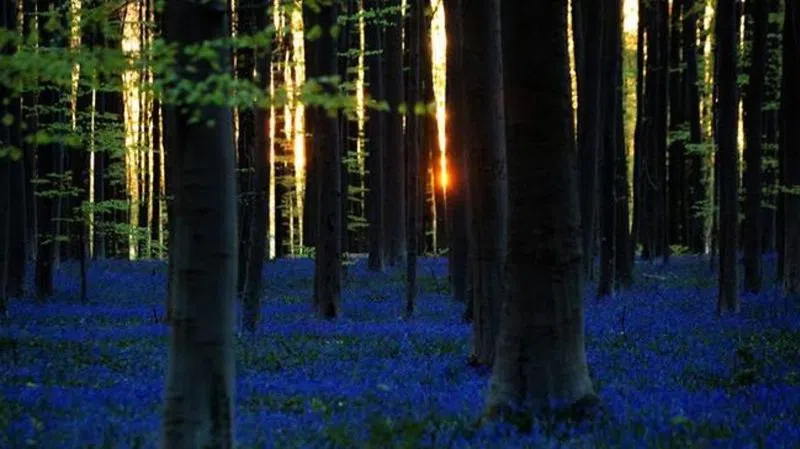
Trudeau deflects Trump and Belgian bluebells in bloom; In The News for April 17
In The News is a roundup of stories from The Canadian Press designed to kickstart your day. Here is what’s on the radar of our editors for the morning of April 17 …
COVID-19 in Canada …
Prime Minister Justin Trudeau will be under pressure today to flesh out his promise to do more to protect the elderly in long-term care homes, which have been hardest hit by the deadly COVID-19 pandemic.
Trudeau promised earlier this week that the federal government would provide funding to top up the wages earned by essential workers in nursing homes who earn less than $2,500 a month.


